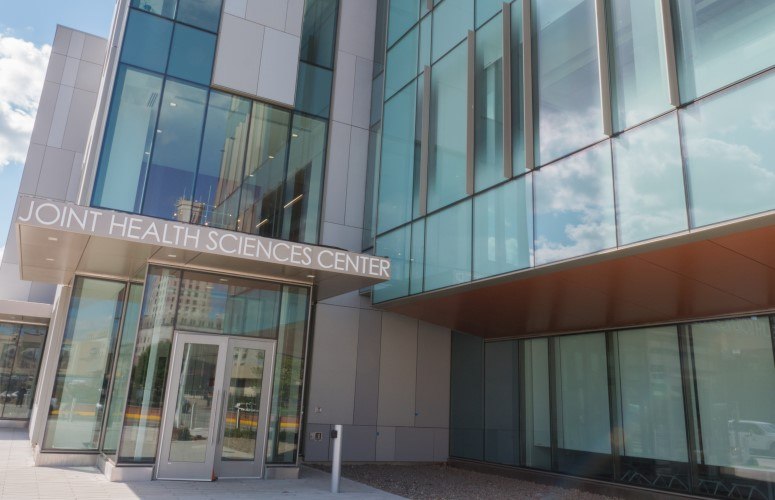
Rutgers Board of Governors Approves University Physical Master Plan
On Jun 19, 2015The Rutgers University Board of Governors has approved Rutgers 2030, the most comprehensive physical master plan in the university’s history.
The long-term plan envisions development at Rutgers University – Camden, Rutgers University – Newark and Rutgers University – New Brunswick. The decision was guided by the priorities of the university’s Strategic Plan – which was approved in 2014 – and incorporates Rutgers Biomedical and Health Sciences (RBHS).
Although specifics of the plans are unique to the character and priorities of each location, all the proposed development envisions upgrading academic facilities, enhancing the student experience in the classroom and in the campus environment, improving technology and transportation infrastructures, and strengthening the connections between the campuses and their neighboring communities. The plans also include proposals for new construction and upgrades of athletic and recreational facilities.
“The development of this plan was a tremendous undertaking,” said President Robert Barchi. “It would not have been possible without the outstanding leadership of our chancellors and the assistance and input of the Rutgers community.”
The physical master plan is available at http://masterplan.rutgers.edu/.
Nearly two years in the making, input for the plan came from throughout the university, including survey responses from approximately 8,000 members of the Rutgers community, more than 30 presentations and town hall meetings, as well as discussions with faculty, student groups and administrators.
The university will continue to explore and seize opportunities to use existing resources, solicit private gifts, seek foundation and government grants, and form public-private partnerships to support projects proposed in the master plan.
“The physical master plan is a framework for future development that we will review and update to make appropriate revisions as priorities and funding warrant,” said Barchi. “Rutgers 2030 provides vision and guidance as Rutgers moves forward to create an environment equal to our prominence in teaching, research and service to New Jersey and the nation.”
A number of facilities projects tied to the university’s Strategic Plan are currently in the pipeline or under construction. For example, the Rutgers Honors College in New Brunswick will open this fall. Construction continues on the new Chemistry and Chemical Biology Building in Piscataway, and a new academic building on College Avenue that will significantly increase classroom and lecture hall space. In Camden, the new Writers House opens this fall, and planning is underway for the Nursing and Science Building. In Newark, new student housing at 15 Washington St. opens this fall, and construction is beginning on Life Sciences II. RBHS projects, such as the Oral Health Sciences Laboratory renovation and the School of Pharmacy expansion, are also in progress.
Established in 1766, Rutgers, The State University of New Jersey, is America’s eighth oldest institution of higher learning and one of the nation’s premier public research universities, educating more than 65,000 students and serving people throughout New Jersey. Rutgers University-New Brunswick is the only public institution in New Jersey represented in the prestigious Association of American Universities. Rutgers is also a member of the Big Ten Conference and its academic counterpart, the Committee on Institutional Cooperation – a consortium of 15 world-class research universities.
Related Articles:





